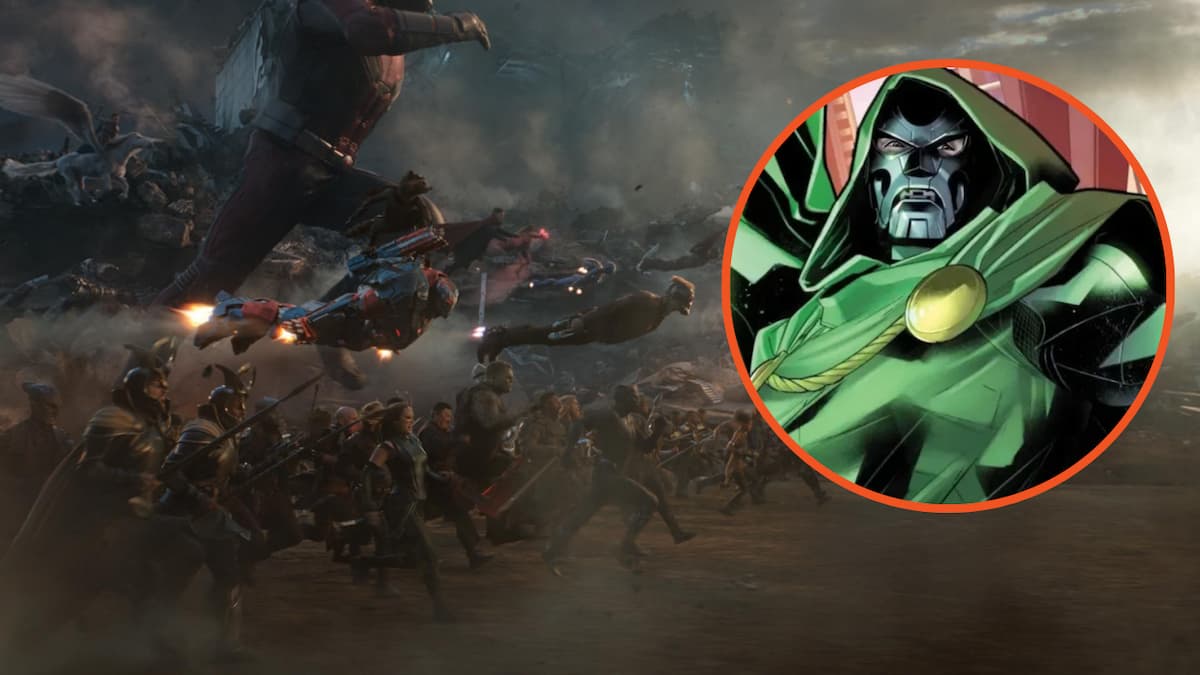Warning: This article contains spoilers for Agatha All Along episode 7.
Agatha All Along is almost at an end, with just one two-part finale to come, but just before it reaches its endgame the Disney Plus show decided to deploy a devastating trope that’s been dogging the MCU since before, well, Endgame.
Episode 7 was ostensibly titled “Death’s Hand In Mine,” but it might as well have been called “The Patti LuPone Power Hour.” Lilia Calderu was the beating heart of the time-jumping installment, which allowed the Broadway legend the opportunity to act everyone else off the screen. Each trial along the Witches’ Road has generally cost the coven one of their own, and tragically this one was no different, as Lilia ended up sacrificing herself so her friends could escape the Salem Seven.
As pointed out by Marvel historians on X, Lilia’s demise means she becomes the latest MCU lady to fall victim to a heartbreaking trend. R.I.P. falling queens!
As the tweet above reminds us, Lilia is the third MCU woman to face an untimely death from a great height, following Gamora in Avengers: Infinity War and Black Widow in Endgame. It’s interesting to contrast and compare the three incidents. While Natasha and Lilia elected to end their own lives out of love for others, Gamora was executed by her father Thanos because of his twisted love for her.
If we’re expanding this trope to include the wider Marvel multiverse, though, let’s not overlook the trendsetter — Emma Stone’s Gwen Stacy.
Gamora and Natasha weren’t witches — that we know of — but one fan wonders if the three women represent the three witch forms, as referenced in Agatha‘s “Ballad of the Witches Road.” Namely, the maiden, the mother, and the crone.
It’s a neat idea, but I don’t know how Patti LuPone would feel about being called a crone. Plus, it’s not technically accurate to call Gamora a maiden or Natasha a mother, unless you’re using “mother” in the internet sense.
One thing’s for sure: we’re going to need all Marvel women to MOVE AWAY FROM THE EDGE RIGHT NOW. I’m not kidding, ladies, BACK IT UP.
To be fair to Agatha, though, Lilia’s death is contextually and culturally different from Gamora and Natasha’s fates. Those two were very much killed off to further a male character’s story, making them examples of the troubling “women in refrigerators” trope. Meanwhile, Lilia’s death felt like the fitting end for her own arc that played out across this effective bottle episode.
What’s more, it’s not like Marvel invented this trope. Disney has been killing off its villains through falls since 1933’s Snow White and the Seven Dwarfs. And who was the first victim of this trend? Another witch, the Evil Queen. In an episode that featured allusions to classic witches like Maleficent and the Wicked Witch of the West, there’s no way this wasn’t an intentional reference. It’s only taken 90 years, but finally the “death by fall” trope has come full circle.
















Published: Oct 25, 2024 07:15 am